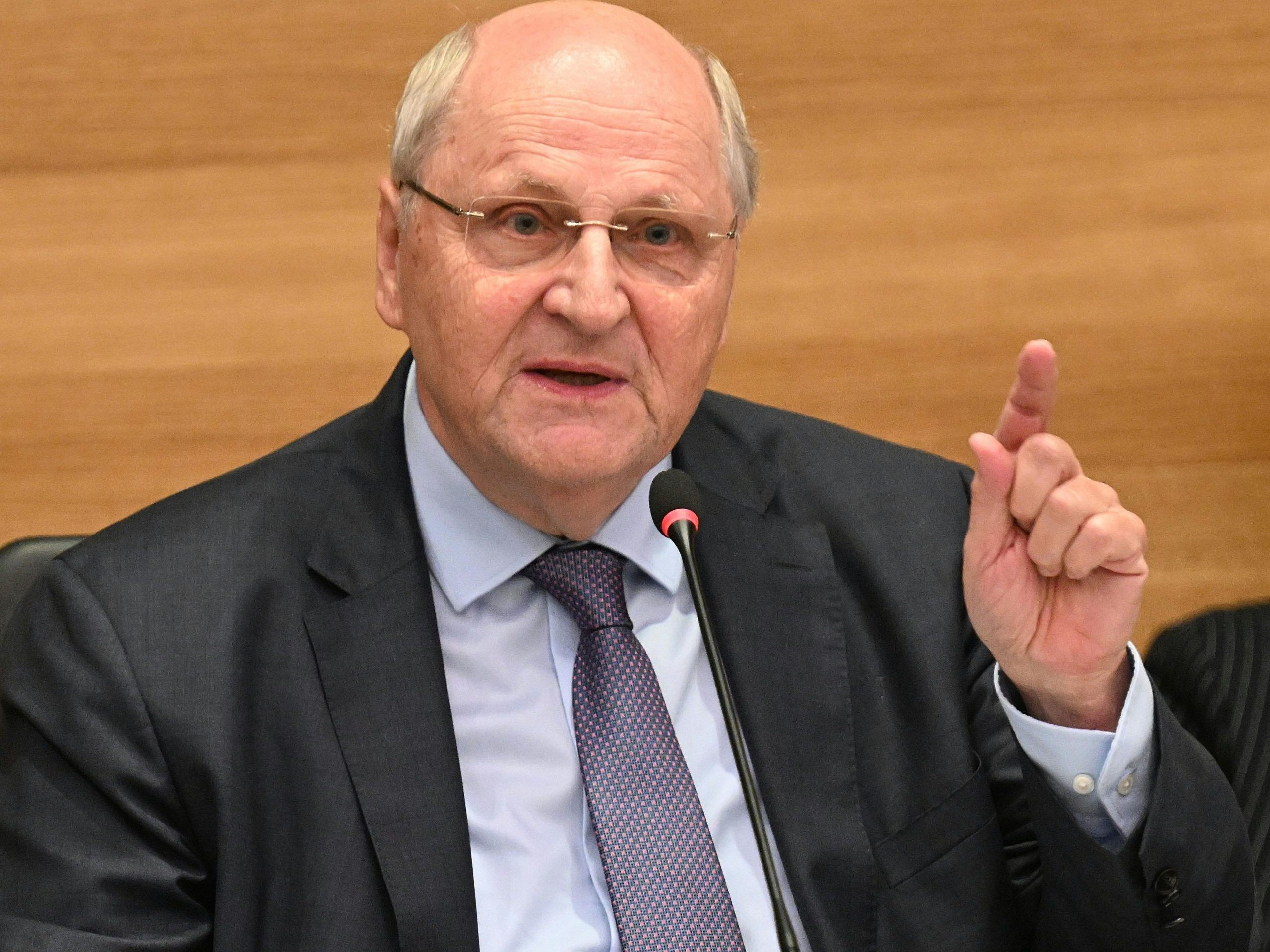Budget Hearing with Call for Structural Reforms

Budget consolidation will not be easy - and whether the measures initiated will bring Austria back into the EU-allowed deficit range is anything but certain. These are the central statements from a budget hearing held on Tuesday at the start of budget consultations in the parliamentary budget committee. Structural reforms were demanded by all experts, especially in the areas of federalism and pensions.
Six billion too little?
Fiscal Council Chairman Christoph Badelt, who was brought in by the ÖVP as an expert, made it clear that the current savings package only plugs the most urgent holes. The dynamics of expenditures and revenues continue to diverge, which is why structural reforms must be taken seriously. According to his calculations, about six billion in additional savings are still needed in this legislative period to land back within the EU's three-percent-of-GDP limit.
Wifo economist Margit Schratzenstaller, nominated by the Greens, also stated that the budget success is not yet certain. This will also depend on whether the task forces set up by the government can produce corresponding results. Right now is a good time for a federalism reform. In any case, expenditure-side structural reforms are the prerequisite for the success of budget consolidation.
No was the assessment of Eco Austria expert Monika Köppl-Turyna, who was invited by the NEOS, to the question of whether she believes in successful budget consolidation with the measures known so far. This is associated with several uncertainties, she pointed out, for example, the tariff policy of US President Donald Trump. Moreover, too much is based on wishful thinking. Köppl-Turyna urgently called for a pension reform. Badelt also explicitly advocated raising the retirement age.
FPÖ expert predicts deterioration
Martin Gundinger, who was sent to the hearing by the FPÖ, delivered a devastating assessment. The expert, who works for the Hayek Institute, among others, predicted that by the end of the legislative period, the budgetary situation would be even worse than it is now. In his opinion, a drastic reduction in government spending and tasks is needed. Genuine structural reforms that go beyond marginal adjustments are lacking. Gundinger strongly relies on the private sector and promoted the economic policy of Argentina under the ultra-liberal President Javier Milei.
AK expert Georg Feigl, sent by the SPÖ, praised, like Schratzenstaller and Badelt, that consolidation is now actually being tackled. He also welcomed the employment policy measures initiated and that much has been achieved in education. It would have been better for him if more had been done with wealth-related taxes. Then fewer measures would have been needed that also affect lower income groups. Schratzenstaller also advocated for an inheritance tax and an increased property tax, but directly connected with a relief of the labor factor. Badelt expressed a similar view.
Köppl-Turyna criticized that the tax rate remains high. This will not help Austria's already declining competitiveness. Gundinger criticized the even increasing debt. For him, the goal should not be to achieve the three-percent target but a surplus to reduce debt. Schratzenstaller criticized that savings are being made in climate protection, while environmentally harmful subsidies, keyword commuter euro, are even being expanded.
(APA/Red)
This article has been automatically translated, read the original article here.





